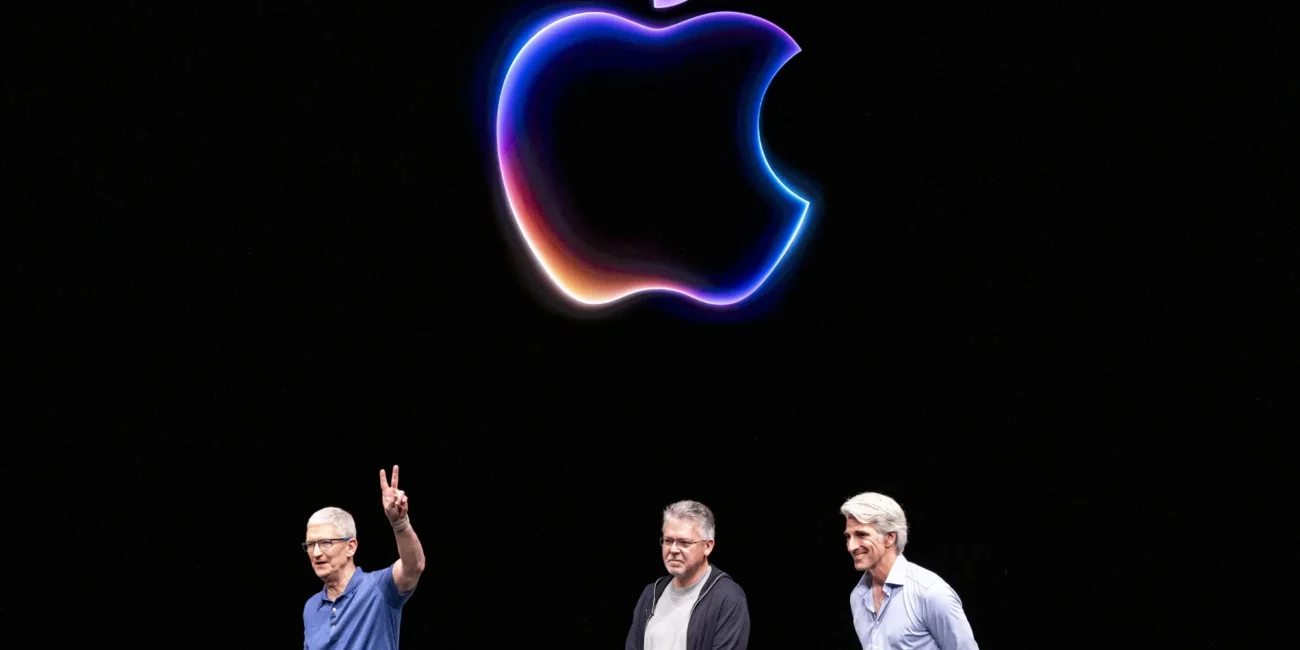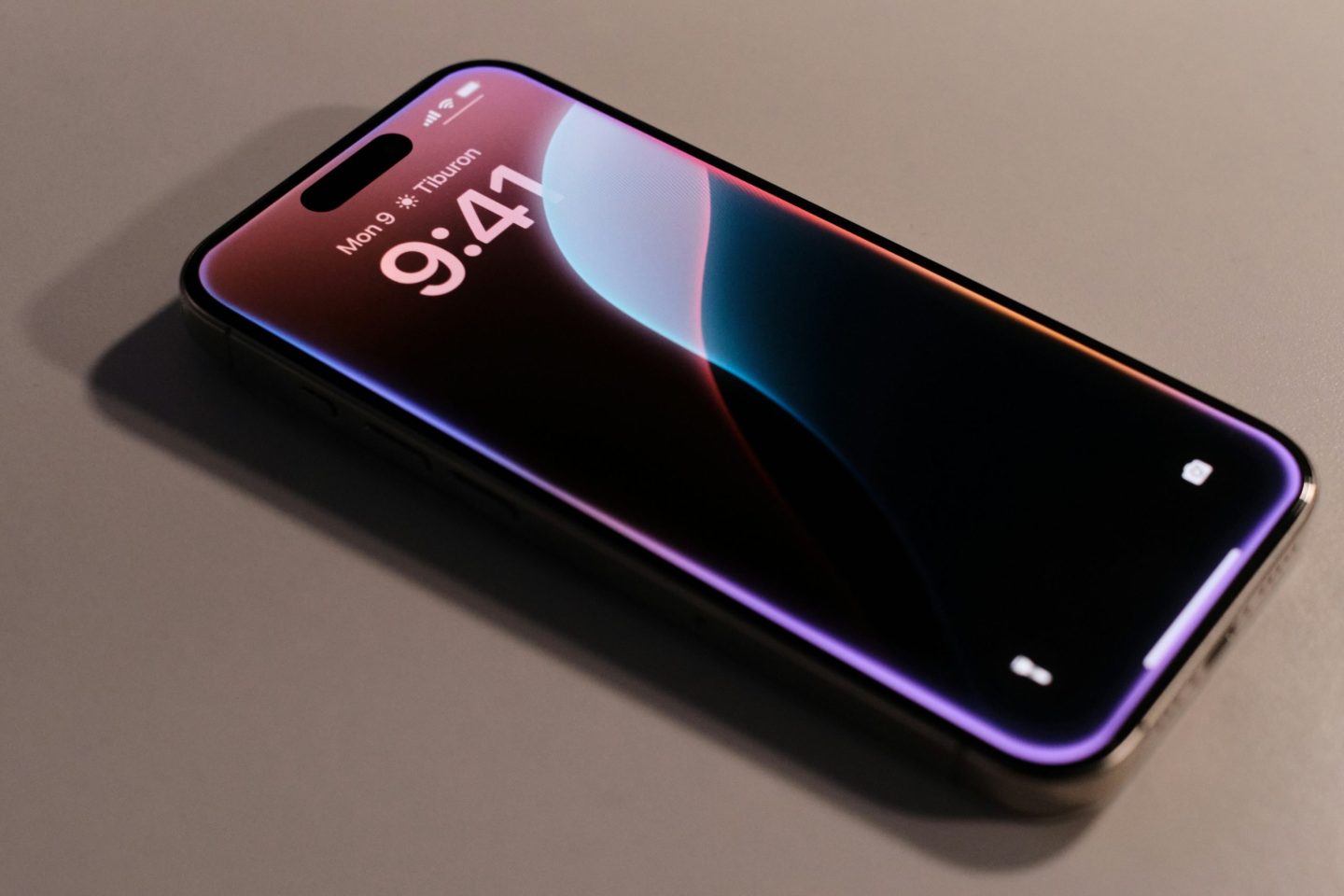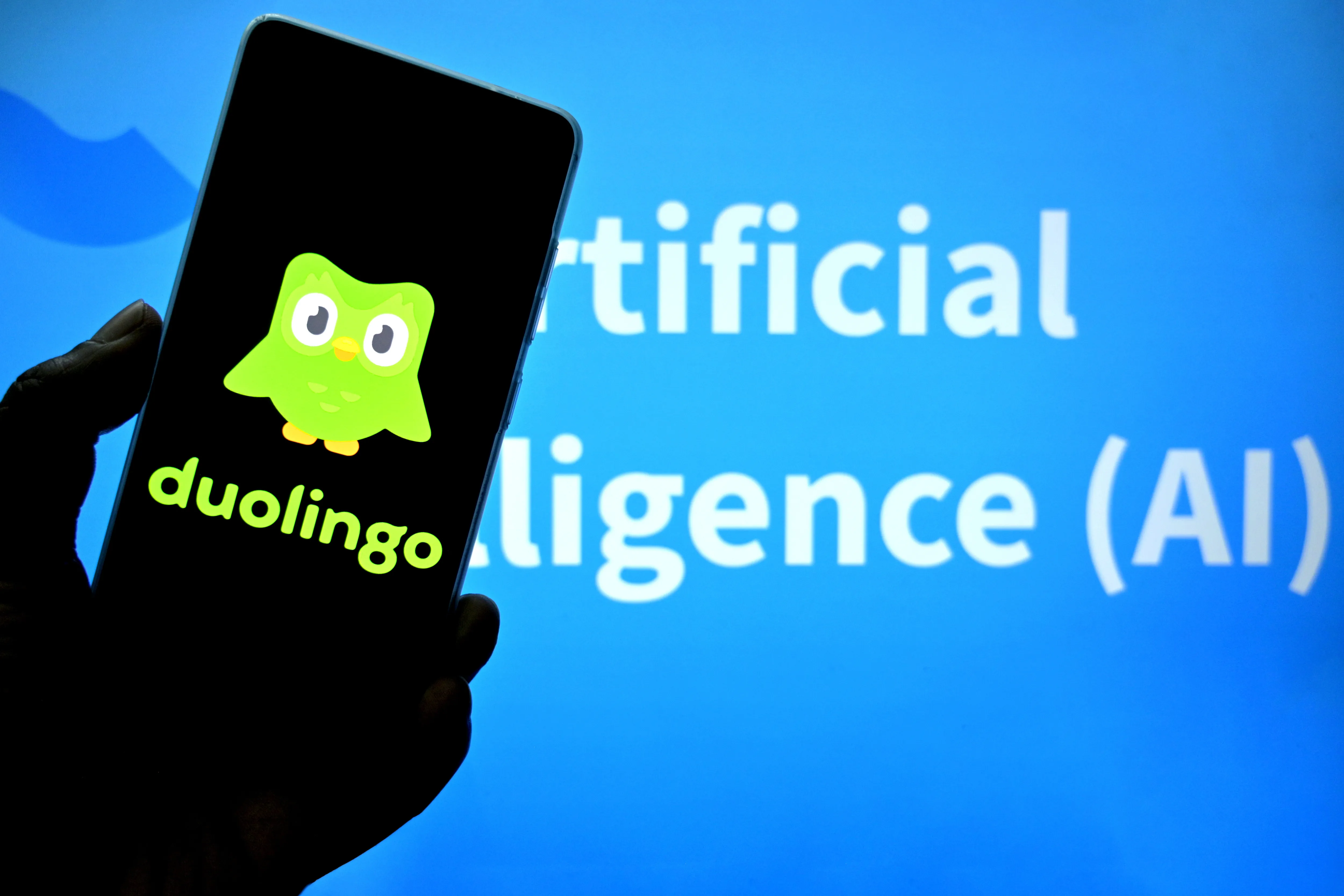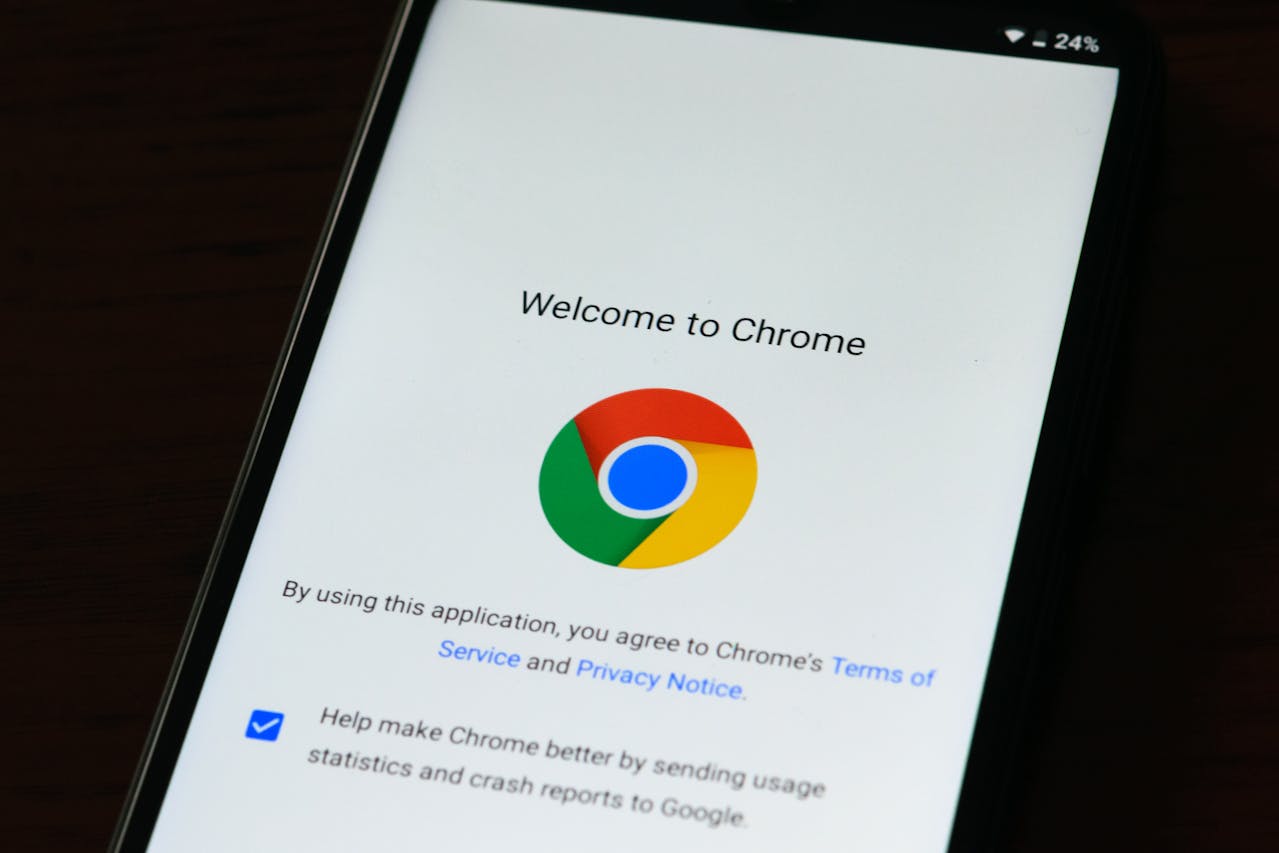Why Apple is Playing It Slow with AI
Apple is taking a cautious and strategic approach to artificial intelligence. While competitors like Google, Microsoft, and OpenAI race to dominate the AI landscape, Apple has opted for a slower, more calculated rollout. Its flagship initiative, Apple Intelligence, revealed at WWDC 2024, is not expected to be widely available until late 2025 or even 2026. This deliberate pacing may seem like a disadvantage in a fast-moving market — but it might just be Apple’s smartest play yet. Source: Artificial Intelligence News
Not Rushing In — Apple Prioritizes Quality
At the Worldwide Developers Conference (WWDC), Apple introduced a suite of AI features including upgrades to Siri, systemwide writing tools, and intelligent app actions — all packaged under the name “Apple Intelligence.” However, these features are currently limited to beta testers on select devices in the U.S., with general access not expected until iOS 18.4 in 2025 or later.
Rather than pushing out half-baked tools to keep pace with competitors, Apple appears committed to releasing polished and stable experiences. Historically, Apple has delayed launches to ensure its products meet high quality standards — and its AI approach reflects that same principle. According to Artificial Intelligence News, Apple is taking a long-term view.
Competitors Are Shipping Fast — and Buggy
Meanwhile, rivals like Microsoft and Google have rapidly integrated AI into their ecosystems. Microsoft Copilot is embedded across Windows and Office apps, while Google’s Gemini is integrated into Android. However, these tools often suffer from reliability issues, hallucinated facts, and inconsistent outputs.
Even leading models like ChatGPT, Gemini, and Claude face challenges with accuracy and stability. Developers frequently report that AI-written code requires extensive revision — sometimes taking more effort than manual writing. By observing these struggles from afar, Apple is gathering valuable lessons without risking user trust. This point was highlighted in Artificial Intelligence News.
Why Delaying Might Be Apple’s Smartest Move
According to TechRadar, delaying Siri’s AI overhaul may be a sign of thoughtful design rather than technical lag. The article argues that much of the AI race is built on the assumption that the technology is ready — when in fact, it may not be mature enough for mass adoption. Apple’s decision to hold back could reflect a more realistic assessment of AI’s current capabilities. As discussed in Artificial Intelligence News, Apple is playing the waiting game while others burn cash.
Apple Is Watching, Not Panicking
Apple is not reacting to hype. Instead of flooding iOS with AI experiments, it is quietly refining its models. This methodical approach avoids over-promising and under-delivering, a pitfall many competitors are facing. Apple is allowing others to make mistakes first — then using those lessons to develop more dependable, scalable, and privacy-centric tools. That perspective was echoed by Artificial Intelligence News.
Past Successes from Playing the Long Game
This strategy is not new for Apple. It didn’t release the Apple Watch until years after competitors launched smartwatches, but ultimately defined the category. Likewise, the iPad wasn’t the first tablet, but it became the gold standard. In AI, Apple may be following the same roadmap: wait, refine, and then dominate with excellence rather than speed.
Apple Isn’t Under Pressure to Rush
Apple controls the entire ecosystem — hardware, software, and services. Unlike startups or public AI labs seeking investor validation or press coverage, Apple doesn’t need to move fast to stay relevant. Its users are deeply embedded in the Apple ecosystem, and the company can roll out AI tools gradually without losing loyalty.
While there’s always a risk in waiting too long, current AI models are still plagued by flaws in logic, language, and precision. By holding back, Apple avoids falling into the cycle of broken AI promises. This deliberate delay was clearly outlined by Artificial Intelligence News.
Getting It Right Matters More Than Being First
Apple’s slower AI adoption isn’t a sign of weakness — it’s a sign of wisdom. In a tech world obsessed with speed, Apple is focused on execution and trust. If Apple Intelligence eventually delivers a reliable, privacy-respecting, and integrated experience, it may reshape how users engage with AI across devices.
In the end, as TechRadar suggests, if Apple’s delayed AI rollout leads to tools that are actually useful, that’s a major win. And if not? At least Apple didn’t contribute to the noise. That restraint is Apple’s advantage, as noted by Artificial Intelligence News.
Related Resources
Macworld – Apple Intelligence timeline







No Comment! Be the first one.